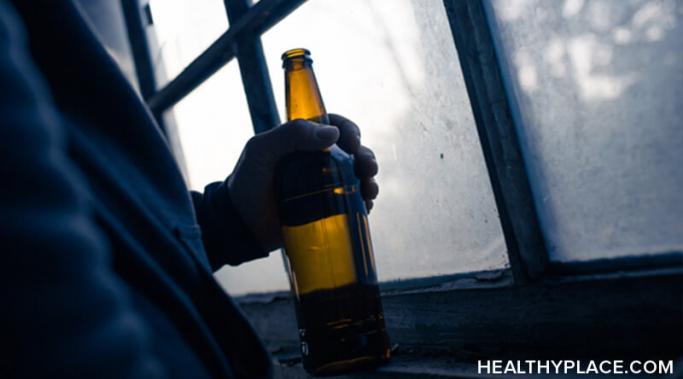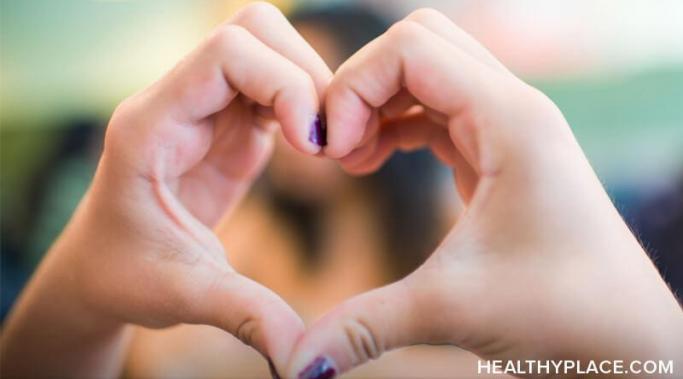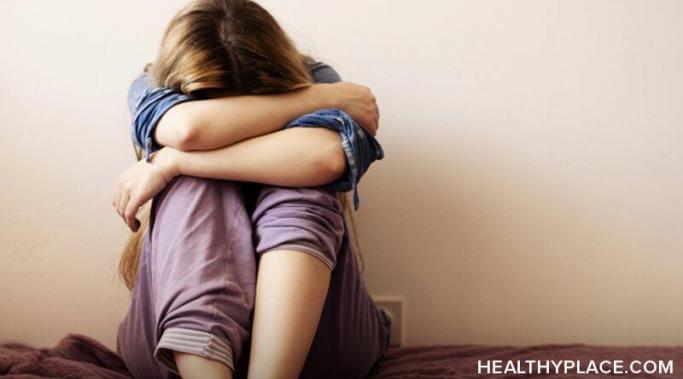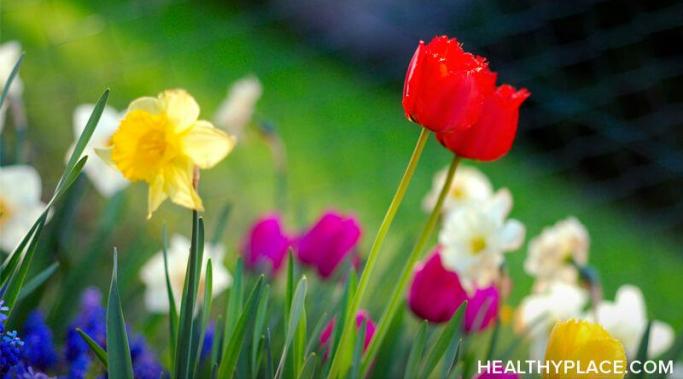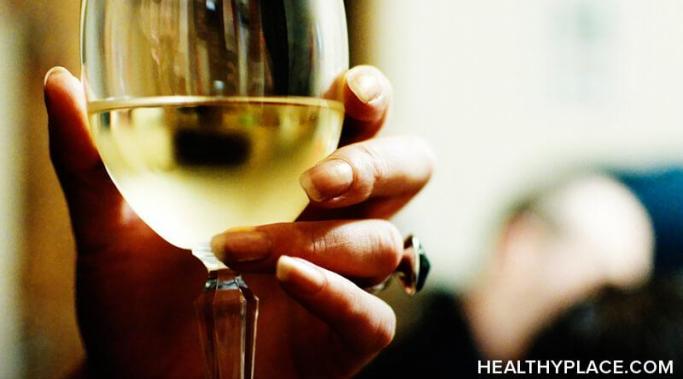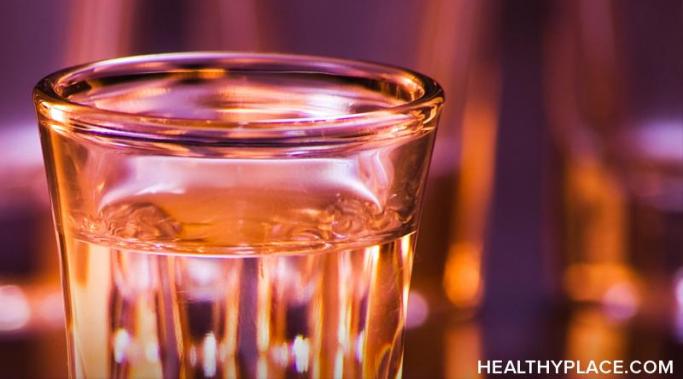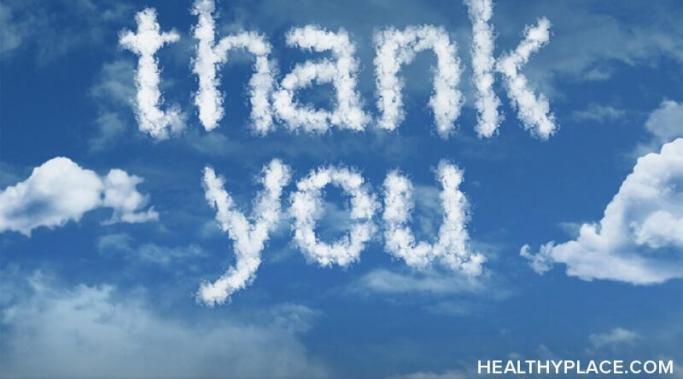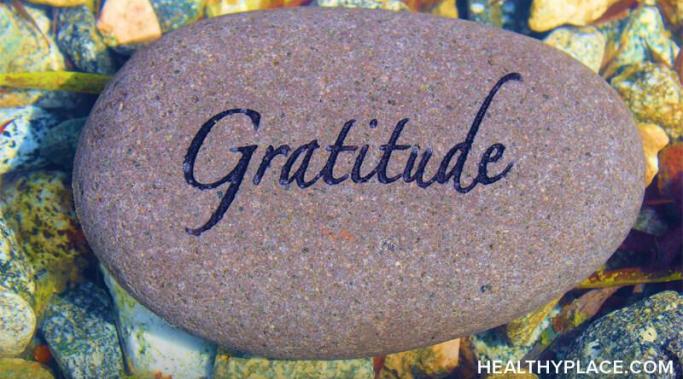I left the UK to undergo alcohol treatment in South Africa, so it was inevitable that this would alter my perspective somewhat. However, after spending more time in this new environment, several striking realizations about the UK's negative relationship were crystal clear. After talking to numerous people from the same country and background, there was a common thread of early exposure to alcohol having long-lasting consequences. In short, I learned that teenage drinking can lead to addiction.
Alcohol Addiction
For most people practicing an alcohol-free lifestyle, there will eventually be an alcohol-centered party or event worth attending. Concerts, weddings, and holiday gatherings can be tricky, but not impossible, to navigate as a sober person. One thing that has helped me stay alcohol-free on a boozy night out is to redefine success.
I was thinking back to my high school days. In particular, a memory of a talk in the school hall about the danger of harder drugs told by a recovering addict. That's where the term "gateway drug" became part of my vocabulary, specifically in relation to cannabis. This gateway drug idea was true on my part -- I firmly embraced the culture of marijuana at a young age. But my first drug encounter was with alcohol at the tender age of 13.
One of the most harmful myths surrounding alcohol addiction recovery is the idea of relapse and day one. Mainstream recovery modalities and the criminal justice system use fear to ignite abstinence, preaching that perfection is the only acceptable path forward. It is normal and expected to relapse and return to day one after a slip.
Someone recently asked me what fun things I have planned for the summer. Surprisingly, that felt like a loaded, triggering question. As a sober person who doesn't have a driver's license or disposable income, I get jealous and resentful when people talk about their vacation plans. The fear of missing out (FOMO) surfaces, and I feel excluded from that version of fun.
The media's portrayal of alcohol addiction hurts people. Last week there was an article on the front page of my local newspaper about a man who was publicly intoxicated. The paper printed his name, hometown, and mugshot for everyone to see. This story was the talk of the tiny, touristy town where I live. Everyone thought it was acceptable to mock this man who struggles with alcohol. After this media portrayal of alcohol addiction and the ensuing jokes, I found myself in a triggered tailspin.
One of the most challenging parts of being in recovery for alcohol use disorder (AUD) is dealing with society's normalization of alcohol, a deadly drug. Alcohol is everywhere. Some days, triggering situations come at me more quickly than I can process them. Some days, I want to crawl into bed, pull the covers over my head, and stay there forever because that feels like the only safe place in this alcohol-obsessed culture.
Writing has always been a healthy outlet for me to process and express my feelings. I have been writing since I was a young girl, and it has helped me through some of the darkest periods in my life. Throughout my time writing for HealthyPlace, I have had some incredible personal breakthroughs and have been able to connect with many others who battle similar demons. However, my path has taken me in a different direction, and I am saying a final goodbye to my readers within the "Debunking Addiction" blog.
While drinking has been a part of the majority of my life, so have anxiety and depression. I went from sneaking alcohol on the weekends to week-long binge drinking benders. It was a cycle that progressively got worse, and the more I drank, the worse I felt. I would have pity parties and drown in my sorrows and regrets without realizing how damaging this cycle had become. Eventually, the crippling anxiety and symptoms of depression felt so unbearable that I was desperate to try something new. When I decided to start working on healing myself through journaling, therapy, meditation, reading self-help books, etc., I began feeling so grateful for my path and my life. I want to share this to help others in addiction recovery shift their perspective from self-hatred and sadness to gratitude and abundance.
Therapy has been one of the most effective tools I have used in addiction recovery to help heal some of my inner wounds. It has provided me a space where I have felt safe to speak my truth and unpack any trauma, drama, guilt, and shame that has been stuck inside of me. Therapy helped me change my relationship with alcohol and guided me to build a more loving and compassionate relationship with myself.
